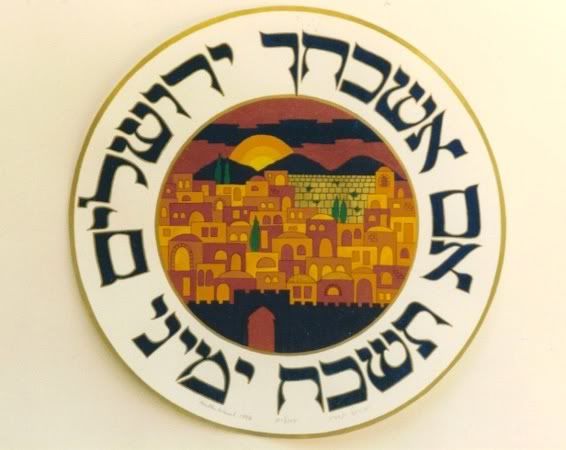Adin Steinsaltz
Fine Line: Criticizing Israel Without Anti-Semitism
The term “anti-Semitism” is itself a euphemism for "anti-Jewishness," and it is therefore easy to replace it with other words that may have a similar meaning. In many places, to be “anti-Semitic” has become unacceptable and has thus been replaced with “anti-Zionism” or anti-Israel stances, which are easier to condone.
In my view, anyone, Jew and non-Jew alike, may criticize the State of Israel without being anti-Semitic, but it is walking a fine line. One’s criticism of Israel should be of a certain nature.
The critique must be honest and without other agendas. The first step in making such a critique, as in any other criticism, is to verify the facts. Misinformation and negative propaganda are in abundance today, particularly in this day and age of the Internet. Furthermore, anti-Semitism is not confined only to non-Jews; Jews can be - and sometimes actually become - quite anti-Semitic. Therefore, Jewish, and even Israeli, sources may be as unreliable as Iranian or Syrian sources. When criticizing Israel, one must be careful about truth vs. misinformation, reality vs. prejudice.
In addition to the issue of factuality, there are other, more subtle elements involved here. Anti-Zionism and anti-Israel positions may be a covert expression of a desire to eradicate any concentrated Jewish existence. This desire may not manifest itself in killing Jews physically, but merely as a wish that, somehow, the Jewish people should disappear. A critique of Israel with this intent is, by its very nature, an expression of anti-Semitism.
In a certain way, there is a widespread belief, even sometimes reluctant, in Jewish “superiority,” not only in mundane matters, but also in morality. This results in an attitude that holds Jews, and by extension, the Jewish state, to standards that are not expected of any other nation. One must be aware of this tendency when making a critique of Israel.
Within these limits, anyone – including a faithful Jew – has the right to criticize Israel, even if sometimes the criticism may not be completely right.
On Faith: Washington Post Online February 24, 2007
